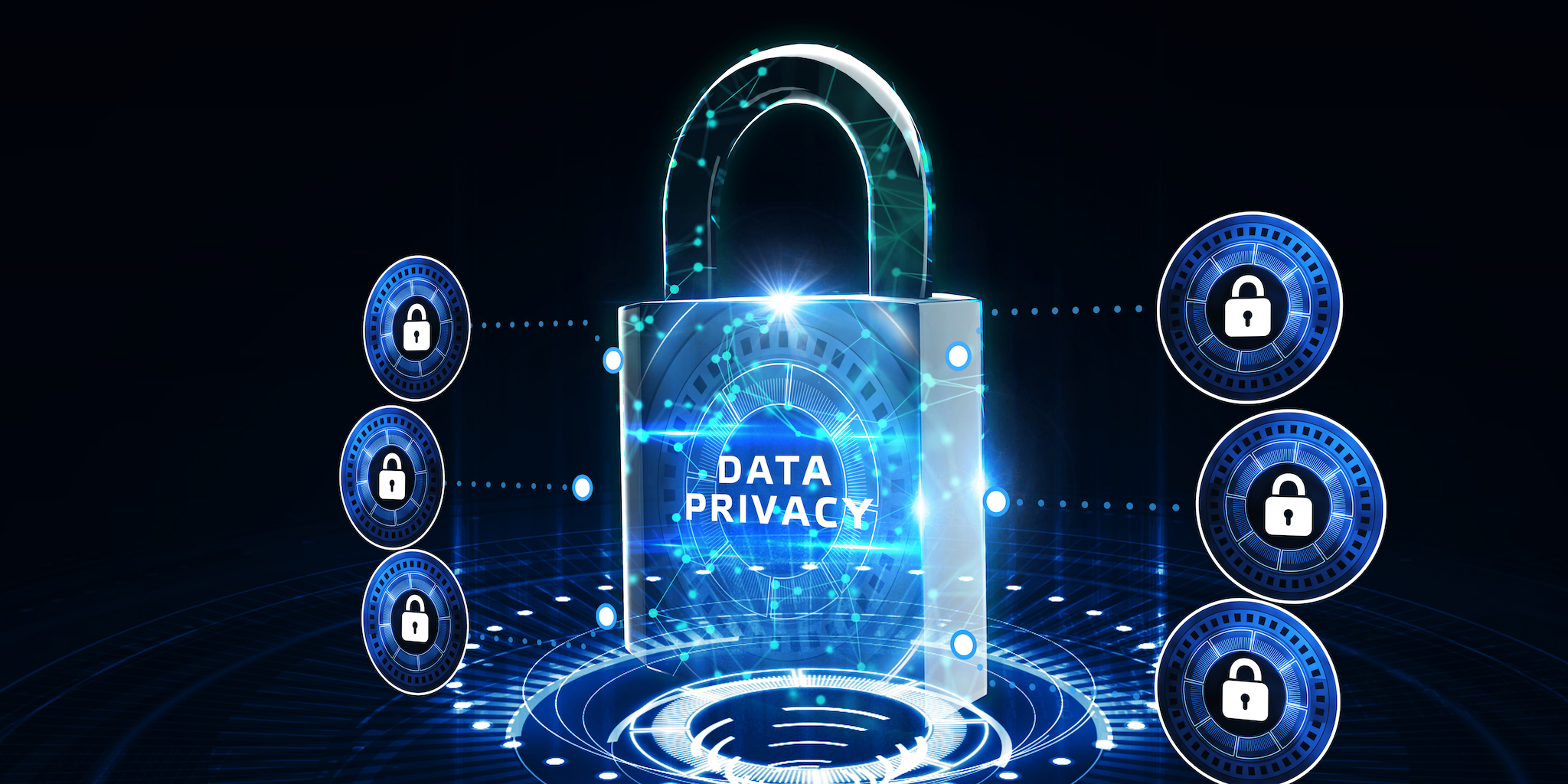
We believe Private AI’s capabilities using machine learning to reduce privacy risks was a key reason for the acknowledgement.TORONTO, August 29th, 2023 – Private AI, the leading provider of data privacy software solutions, has been named a Cool Vendor in Gartner’s “Cool Vendors in Privacy, 2023” (August 2023) report by Bart Willemsen, Bernard Woo and Nader Henein.Private AI was one of five vendors recognized in Gartner’s research. According to the research: “we feature five vendors with solutions that support maturing privacy programs in detail, covering privacy as code and several ways to protect data in use.”The Toronto-based startup, founded by Patricia Thaine and Pieter Luitjens, uses state-of-the-art AI to detect, redact and replace over 50 types of Personally Identifiable Information (PII) in over 49 languages in text, PDFs, documents, transcripts, Large Language Models (LLMs) and more.“We are honoured to be named a Gartner Cool Vendor, which we believe further validates Private AI’s mission to become the privacy layer for software,” said Patricia Thaine, CEO and Co-Founder of Private AI. “Our AI-powered solution allows companies to safely unlock the value of the data they collect while enhancing compliance with current regulations such as the GDPR.”Gartner subscribers can read the full research clicking here. To learn more about Private AI visit www.private-ai.com.Gartner DisclaimerGARTNER and COOL VENDORS are registered trademarks and service marks of Gartner, Inc. and/or its affiliates in the U.S. and internationally and is used herein with permission. All rights reserved. Gartner does not endorse any vendor, product or service depicted in our research publications, and does not advise technology users to select only those vendors with the highest ratings or other designation. Gartner’s research publications consist of the opinions of Gartner’s research organization and should not be construed as statements of fact. Gartner disclaims all warranties, expressed or implied, with respect to this research, including any warranties of merchantability or fitness for a particular purpose.About Private AIFounded in 2019 by privacy and machine learning experts from the University of Toronto, Private AI’s mission is to create a privacy layer for software and enhance compliance with current regulations such as the GDPR. Identifying, reducing and removing privacy risks using AI, Private AI allows companies to unlock the value of the data they collect – whether it’s structured or unstructured data. Private AI is backed by M12, Microsoft’s venture fund, and BDC, and has been named as one of the 2023 World Economic Forum’s Technology Pioneers, CIX Top 20, Regtech100, and more. Learn more at: https://www.private-ai.com/Try PrivateGPT, the privacy layer for ChatGPT: chat.private-ai.com




































































































